IFJ: Niall, you have had a few days in China now. What is your impression of it?
NB: This is my third trip to China over the last decade.
IFJ: Have you seen changes?
NB: I have seen a lot of changes, especially on the technology side. When you look at their WeChat compared to our Whats App, you would have to say they are ahead of Europe when it comes to technology. The level of products being sold online is way ahead of Europe.
IFJ: Do you get any sense in the change of wealth over that decade?
NB: You definitely see a lot more expensive cars on the road compared with 10 years ago, and from talking to customers at the fair today there was definitely a greater appetite for beef than there was a decade ago. That’s a sure sign that the economy is improving. As Commissioner Hogan said today [speaking at the opening of the Bord Bia stand], there is an extra 20m middle class per annum being created in China.
IFJ: Dawn, like many of the Irish companies, have their own presence at the SIAL show here in Shanghai. How has it been for you?
NB: As well as being on the Irish stand, we have a stand in the UK hall and a stand in the French hall. We have seven people working at the SIAL show this week and that’s not including me.
IFJ: Tell me across those stands, what is the business like? Is there actual business being done?
NB: As you know our main business into mainland China is hides and skins but you can see now with the announcement of Irish beef [getting access to China] we have been talking to some high-profile customers and there is a genuine appetite to actually get business started.
IFJ: So this is a real opportunity?
NB: This is a real opportunity. As we know, China is going to be the largest market for beef in the world in the next couple of years and that is a market we have to be in.
IFJ: So is it something that will translate into a real meaningful benefit for Irish farmers?
NB: It will from the point of view – and this is an old chestnut that I have mentioned many times in the past – they key for Irish beef is market access. The more markets that we are in, the better we are able to put the jigsaw back together [maximising the carcase value requires each part of the carcase to be sold in the highest value market for that product].
IFJ: There was an observation that I picked up at a presentation you and I were at yesterday evening about the positioning in that market place of Irish beef. We are very much pigeon-holed along with the Australians, the New Zealanders and the South Americans, who have a grass-fed product, yet they said the real value was in the grain-fed beef supplied by the USA and Canada. Does that mean we too should be pushing for grain-fed beef product as well?
NB: I would say no, and why I would say no is that the Chinese tend to have certain ways of cooking beef – they have certain cuts that they want grain-fed and they have certain cuts that they want from grass, and a comment was made to me by a big potential customer I spoke with today that they had been over to visit our plant and that they are aware of the quality of the product, and said while your product is grass-fed it is a higher-quality grass-fed than they are used to.
IFJ: In terms of the South American, New Zealand or Australian offering, can we expect to compete comfortably with them in that grass-fed space?
NB: And actually prove that the taste of our product is actually better.
IFJ: We are saying there is a benefit here for Irish farmers. What about the next steps? We know there are three more factories added to the three we already know about. Of the three that haven’t been named yet, I am sure you will be hoping you are one of them? Assuming for a moment you are one of those three, how soon would we see the first Dawn Meat’s beef on the shelves in China?
NB: The way we will approach this market is to go carefully, making sure we have the exact specification, the exact labelling requirements. We were speaking with one potential customer today and we agreed that they would send over their production and quality experts to supervise our production of the first batch of product for them. I am not then going to say to you that as soon as it is announced that we have approval we will rushing to get something into the box and into the freezer, we will go carefully…
IFJ: But you will be engaging with it right away?
NB: Absolutely.
IFJ: The other thing we have to remember is that we have many markets outside of China that we have and will continue to serve. As the cuts the Chinese have identified for their market come mainly out of the forequarter, will that have implications for the burger meat business in which Dawn is such a key player?
NB: Not really because the type of cuts we are speaking to customers about aren’t what we would use to make burgers.
IFJ: Also it is cow beef and older beef that is predominantly used in the production of burgers and there is a 30-month limit here [for China]?
NB: It is forequarter meat and flank depending on the customer specification.
IFJ: So it will complement the existing business, not hinder it?
NB: It will.
PON: Thank you.





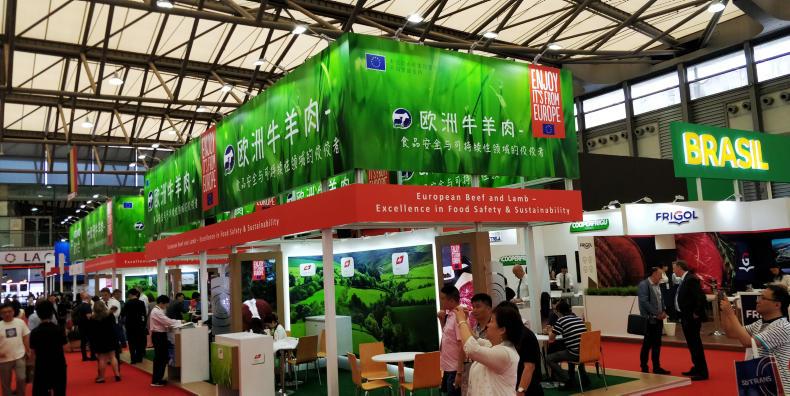
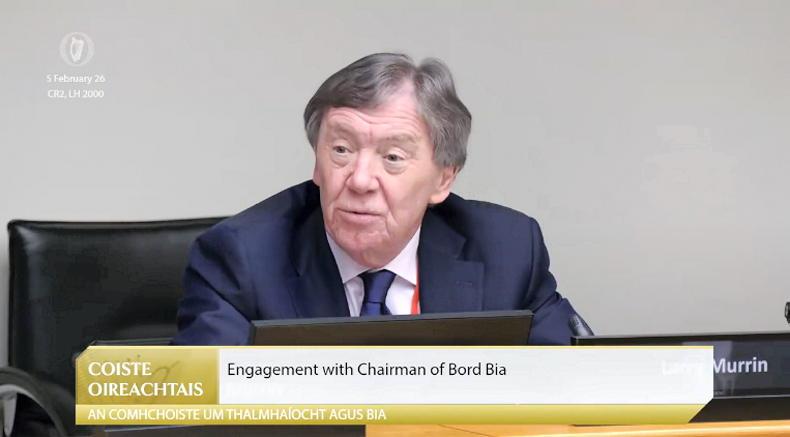

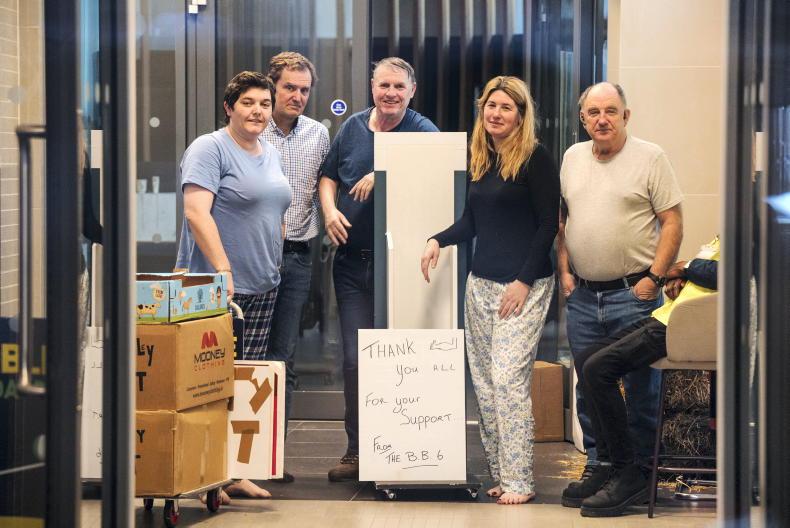
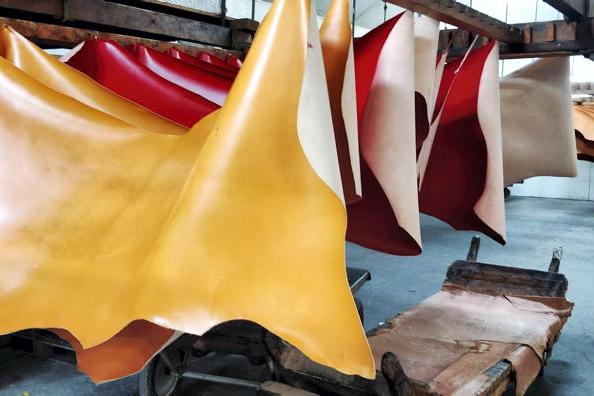
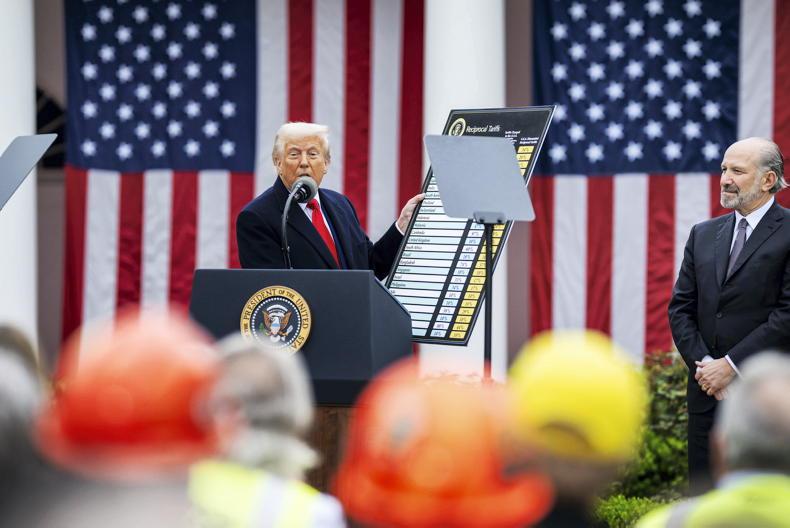
SHARING OPTIONS